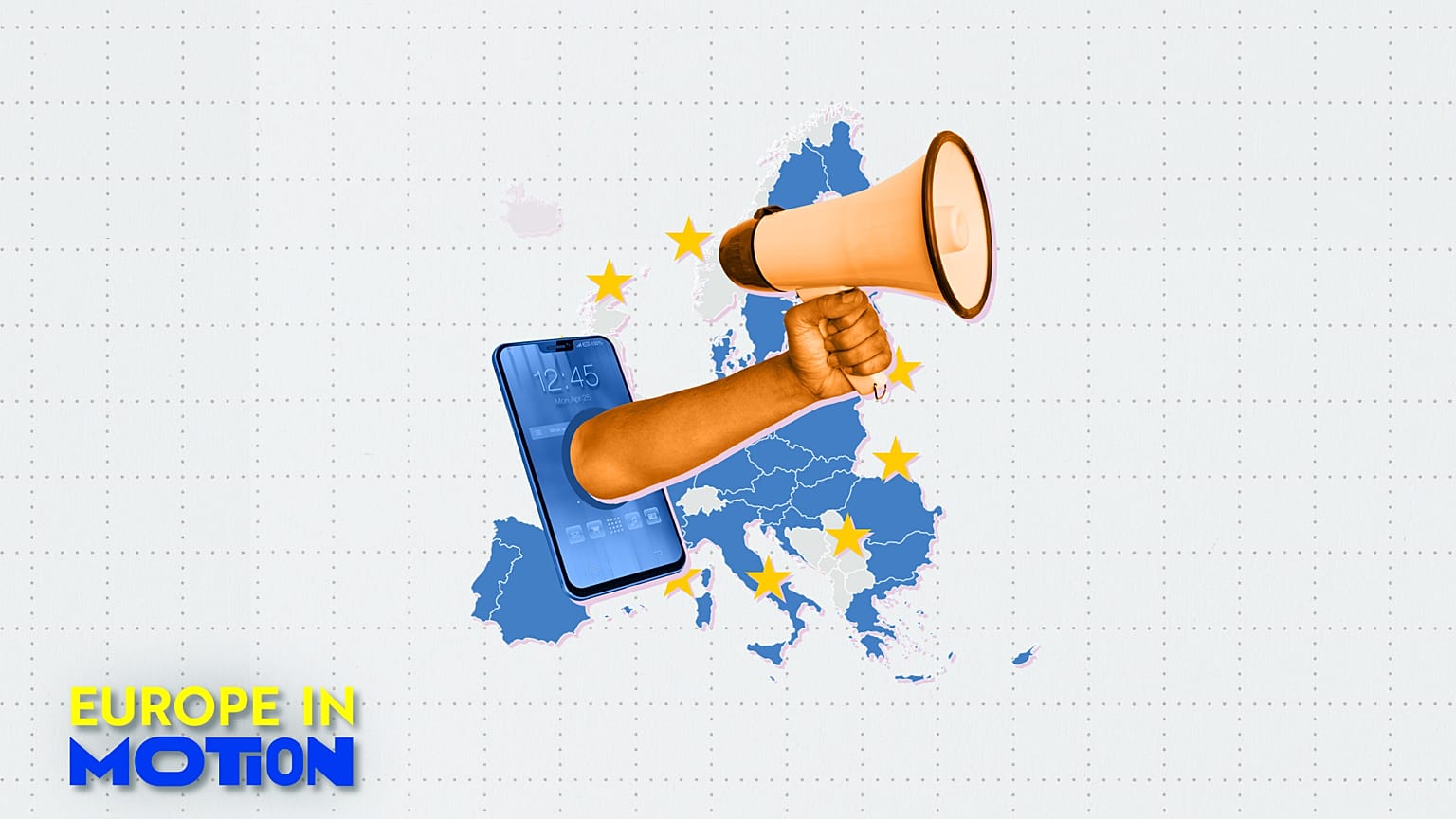On average, 32.6% of EU businesses used online advertising in 2024, according to new data by Eurostat. Malta, Finland and Cyprus emerge as biggest users.
Malta leads the European Union in online advertising adoption with over 60% of businesses using digital marketing, while Romania, Poland and Portugal lag behind with fewer than a quarter of companies embracing online ads, according to new Eurostat data.
Online advertising is used by more than three-fifths of businesses (60.4%) in Malta, and by around half of firms in Finland (49.8%) and Cyprus (49.4%), as reported by recent Eurostat statistics.
However, fewer than a quarter of businesses use online advertising in Romania (22.8%), Poland (23.2%) and Portugal (23.6%), the data showed.
On average, 32.6% of EU businesses used online advertising in 2024. Data was nevertheless unavailable for several markets, including Belgium, Denmark, Estonia, Croatia, Italy, Luxembourg, Austria and Sweden.
Contextual advertising, where companies rely on information from users' views or keywords, was the most common method. Three-quarters of the surveyed businesses used it.
Geo-targeting was used by 44.3% of companies. This technique relies on geographic information — such as IP addresses — to deliver advertising based on location.
The third most common method, employed by 41.6% of companies, was behavioural targeting. It relies on cookie-collected data from previous online activities to align advertisements with users' interests and habits.
The study adds that 45.3% of firms reported using many different "other" targeted advertising methods, which Eurostat defines as those "targeting specific websites that have different demographic characteristics" as well as those "targeting audiences who have visited websites or social media profiles, paid advertising articles or videos, or paid cooperation with YouTubers or influencers".
Data comes from a 2024 EU survey on ICT usage and e-commerce in enterprises. It refers to enterprises with at least 10 employees or self-employed persons.















